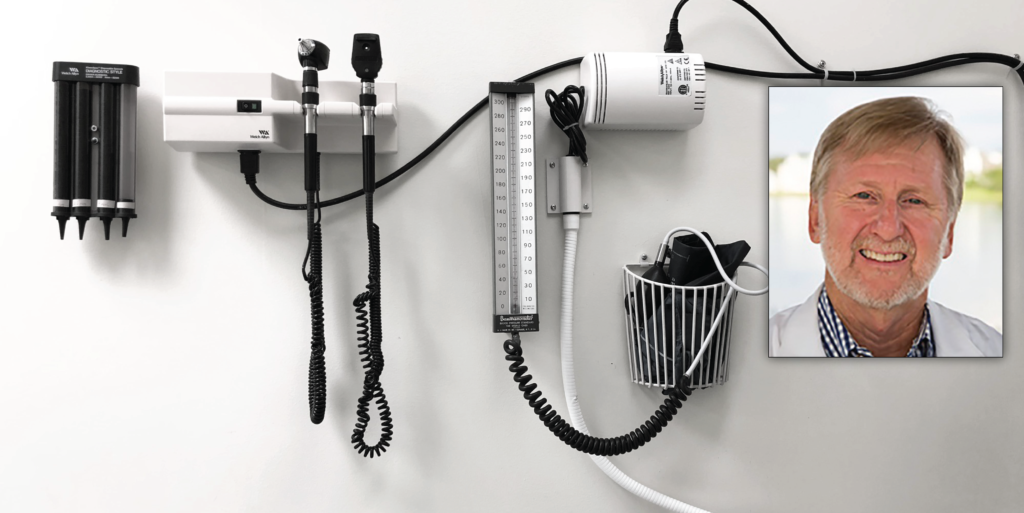It’s All In Your Head: Tinnitus Update
Tinnitus is the official medical term for that sound that so many of us usually describe as ringing in the ears. This is one of the most common ailments I see, and it can be extremely difficult to treat.
The sound is usually described as a high-pitched ringing tone but can also occur as buzzing, roaring, hissing, or even fuzzy radio static. Virtually everyone has experienced this. Sometimes it only lasts a few seconds and then goes away, causing minimal discomfort or interference. However, almost everyone who comes to my office for therapy describes it as constant. The intensity may not be enough to concern many of us. Unfortunately for so many patients, it is extremely loud, and both interfere with hearing and make concentration difficult and relaxation hard to achieve.
As far as medical therapy (such as a pill), treatment is still unreliable. It has been shown that some types of antidepressant medication as well as various types of muscle relaxers may be helpful. However, all of these medications have potential side effects.
There is a new form of therapy that shows tremendous potential for significant reduction or possibly even elimination of troublesome tinnitus. It is based on groundbreaking research in stimulating the brain from two different sources. This process is referred to as bimodal therapy. It was first proven to be effective in experimental animals and is gaining acceptance as a safe and effective treatment in humans.
For years in my office, when I talked to patients about tinnitus, I said that you can expose an animal to loud noise but could not prove if the animal had ringing in its ears. There had been no way to measure that. Exciting research has shown that experimental animals such as guinea pigs can have measurable tinnitus and this bimodal therapy has reduced it.
This therapy is now available commercially from a company known as Neosensory. I usually do not promote any one specific product, but I believe this is worth telling my patients about. Just like so many other things, you can find more information online at their website, neosensory.com.
In my office, I have an excellent audiologist, Dr. Janet Wilson. She has personal experience in dispensing the device to patients. You will find Dr. Wilson and the rest of my staff helpful and learn more about this technology in person.
